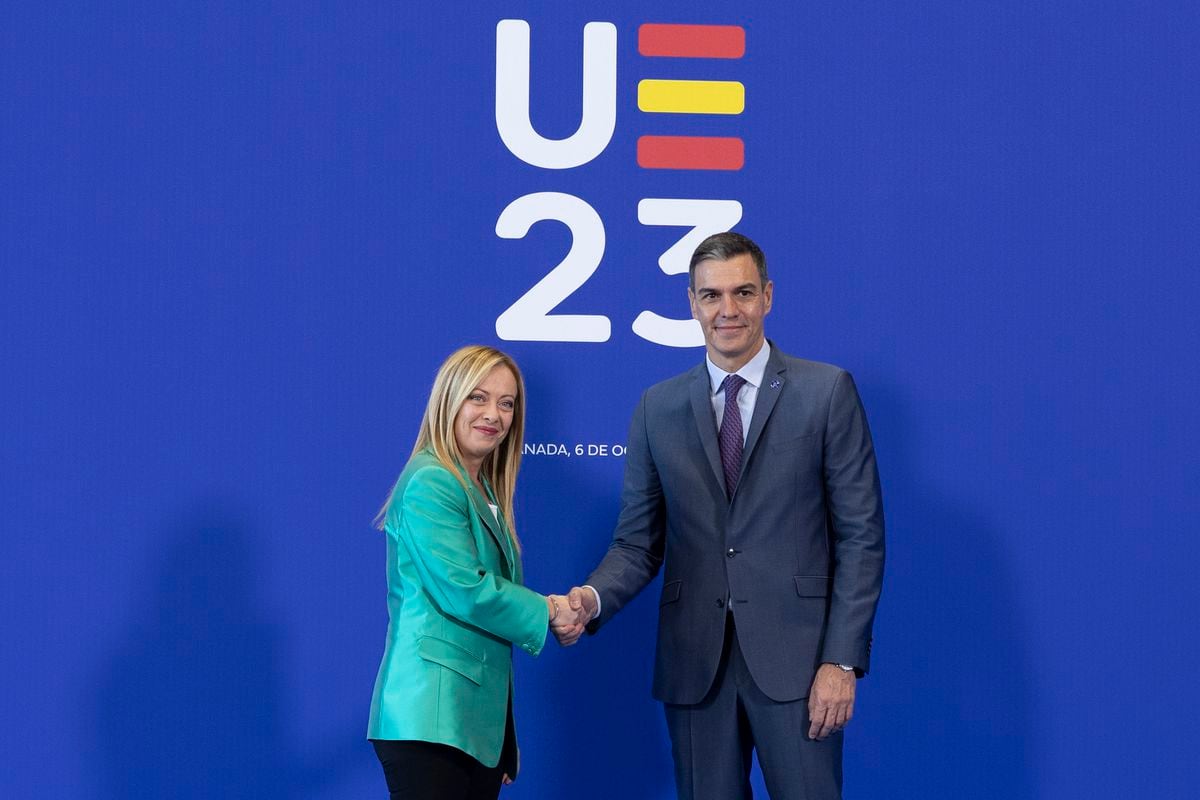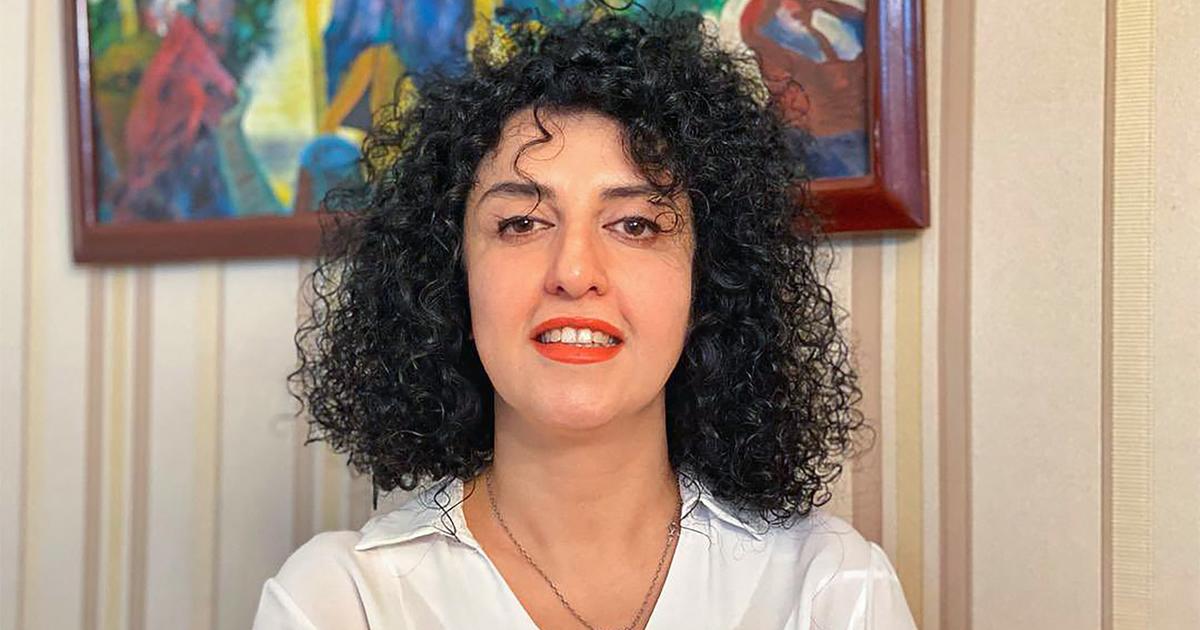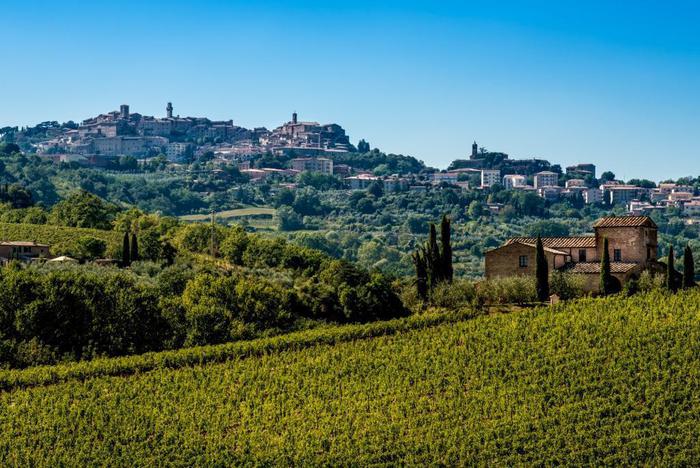Estonian President Kersti Kaljulaid raised the United Nations flag in front of her official residence in Tallinn on Wednesday. On January 1st, the Baltic state took on a temporary seat as a non-permanent member of the United Nations Security Council. "Estonia will be the toughest diplomatic negotiating table in the world in the next two years. This makes Estonia undeniably larger than our population, area or gross domestic product would allow," said Kaljulaid. "We will help to stand up for a world order based on values and international law, without which we and many other countries and nations would have no place in the world."
Foreign Minister Urmas Reinsalu also proudly emphasized: "In the next two years we will be at the center of world politics." As one of its priorities, Estonia has announced cybersecurity. The Baltic EU and NATO member states like to call themselves "E-Estonia" and see themselves as a model country for digital progress.
In June 2019, the United Nations member states elected Estonia to the Security Council as one of five new non-permanent members. The country, with around 1.3 million inhabitants, will sit in the most powerful body of the United Nations for two years and chair it in May 2020. In 2019 and 2020, Germany will also be a non-permanent member of the UN Security Council.
Croatia's EU agenda: demography. Southeast expansion - and Brexit
Another young EU country will also take on major tasks from January 1: Croatia has taken over the EU Council Presidency on New Year's Eve. The Balkan state, which only joined the European community in 2013, holds the chair for six months. The task is to lead the EU ministerial meetings in Brussels and to explore and continue the political agenda of the international association. Croatia will be replaced by Germany in the second half of 2020.
Zagreb's motto for the EU Presidency: "A strong Europe in a changing world". Croatian top politicians recently emphasized one topic: the demographic development of the EU. Not only Croatia, but also other Southeast European countries are losing massively due to emigration and low birth rates. According to the United Nations, Croatia's population could decrease by 17 percent by 2050. "This is a structural, almost existential problem," Croatian Prime Minister Andrej Plenkovic said in a recent interview with the British Financial Times.
Above all, however, the upcoming Brexit, which Britain's Prime Minister Boris Johnson would like to carry out on January 31, will occupy the new EU Council Presidency. Should the British actually exit, the future relationship between the EU and the UK needs to be clarified - from the broad trade policy to fishing rights.
Denis LovrovicAFP
Koratia's Prime Minister Andrej Plenkovic, M., staff member in Zagreb's National Library
Croatia will have to show negotiation skills, especially when it comes to discussing the new multiannual financial framework of the EU (MFF). The current plan expires in 2020, but at the moment the EU countries and the European Parliament are still far apart with regard to their ideas on how to structure the budget framework from 2021 to 2027. To make matters worse, the Brexit will lack billions from the UK in budget planning.
Croatia identifies EU enlargement to the south-east as another key issue. Here are some tensions to be solved. Most recently, the EU Council in October did not give the green light to start accession negotiations with North Macedonia and Albania - contrary to what both countries had promised. Croatia has high hopes of being able to ease the blockade, which is mainly carried out by France, at a Western Balkans summit planned for early May.
Albania takes over the OSCE - and needs it itself
Albania, which has been a candidate for EU membership since 2014, took over from Slovakia at midnight as chair of the Organization for Security and Cooperation in Europe (OSCE). The mandate will run for one year, with Sweden to follow in 2021. The Vienna-based OSCE includes a total of 57 countries from Europe, North America and Asia.
The tasks of the OSCE range from observation of the election, safeguarding freedom of the press, protection of minority rights to observer missions, currently in the contested eastern Ukraine. "Albania is determined to contribute to the security and stability of the continent as OSCE chair," the acting Albanian Foreign Minister Gent Cakaj announced in Vienna in July.
After the collapse of its communist regime some 30 years ago, Albania has undergone a difficult transformation and currently has to endure an OSCE observer mission, which is working with international and local staff to alleviate the ongoing conflicts between the country's political blocs.
Prime Minister Edi Rama of the Socialist Party (PS) is currently ruling without a parliamentary opposition because the right-wing Democratic Party (PD) is boycotting Parliament. The local elections in June also ended without the opposition that the PS accused of fraudulent voting. The country's politics is devoured by corruption and organized crime.
According to a report by the dpa news agency, the publicist Veton Surroi from the neighboring country of Kosovo, which is mainly populated by Albanians, wrote: "If the OSCE Chairmanship is regarded as effective medicine against conflicts and transition problems of a democracy, Albania is now in a paradoxical situation, at the same time provider and provider To be a consumer of this medicine. "









